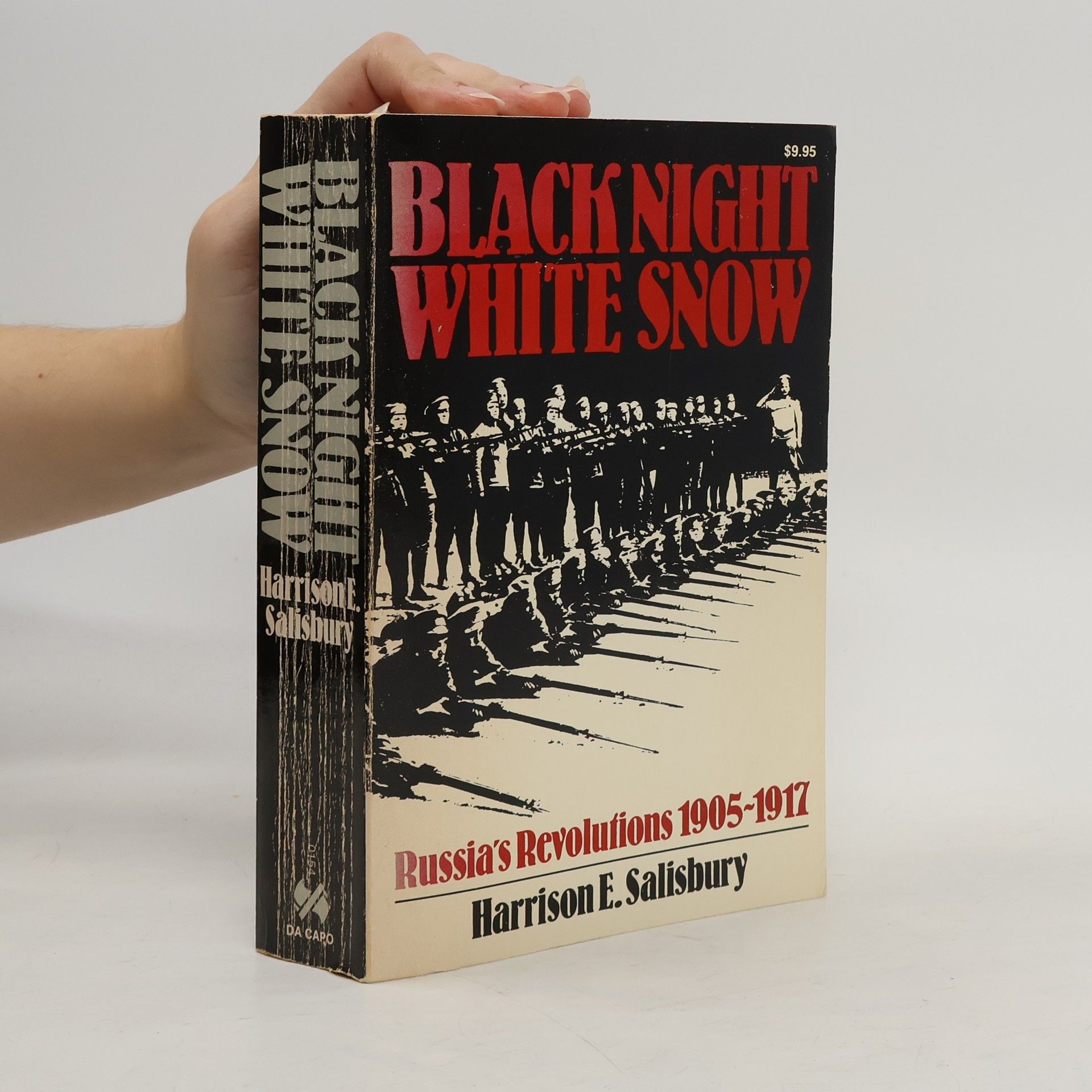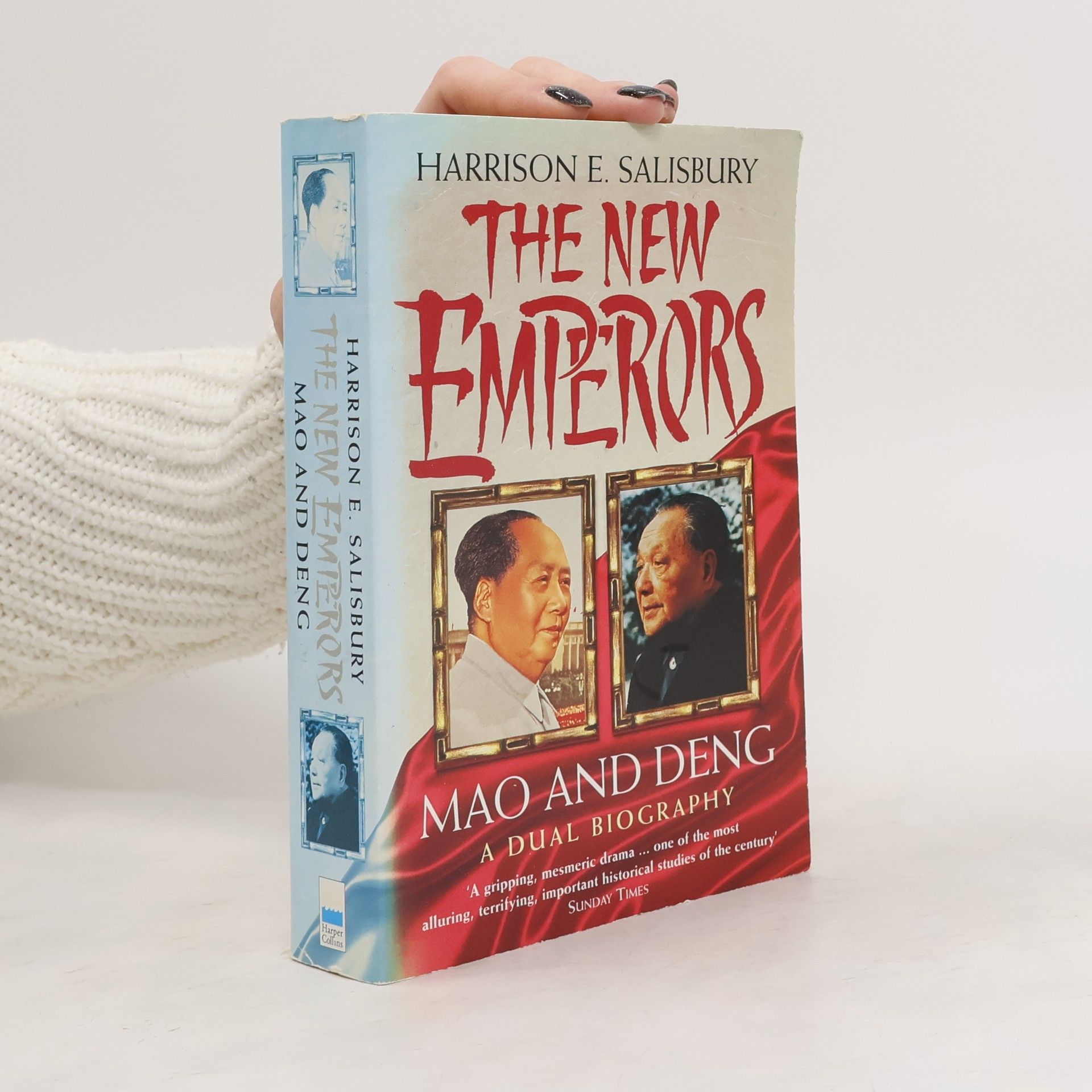Focuses on the complex relationship between these two men as part of the development of modern China - Communist takeover - Mass famine - Great Leap Forward - Cultural Revolution - Third Line - Jiang Qing - Gang of Four - Tiananmen Square.
Harrison Evans Salisbury Boeken
Harrison E. Salisbury was een vooraanstaand reporter en redacteur wiens carrière bij The New York Times decennia van belangrijke wereldgebeurtenissen overspande. Zijn vroege werk in de journalistiek legde de basis voor zijn latere, invloedrijke verslaggeving. Salisbury staat vooral bekend om zijn scherpe berichtgeving over de Sovjet-Unie tijdens de vormende jaren van de Koude Oorlog, een tijdperk dat hij met scherpe observatie doorkruiste. Zijn toewijding aan het documenteren van complexe geopolitieke landschappen strekte zich uit tot uitgebreide verslaggeving over Azië, waaronder de Vietnamoorlog en de evoluerende dynamiek van China.



The destruction of the Czars which brought about the reign of revolutions from 1905–1917 in Russia looms as the crucial political event of the twentieth century. In little more than a decade the Romanov dynasty was toppled, and its time-honored institutions repudiated. How did it happen? How could Nicholas and Alexandra, the nobility, middle class anarchists—even Lenin himself—not foresee the catastrophic changes that were shaking the empire? Why could nothing be done? And why were the efforts so ineffectual? Black Night, White Snow captures the rich drama of this whole period. With the artistry of a Balzac, Harrison Salisbury exposes the strata of Russian society, with its decedents, prophetic poets, religious fanatics, and newly liberated serfs. From archival sources within the Soviet Union, interviews, and his personal photography collection, he recreates the story as it happened. Hard data on Russia's economy, a first-hand knowledge of the county, and a historian's gift of compression are combined in a fast-paced narrative that reads with the ease of a good novel and the urgency of a newspaper headline.